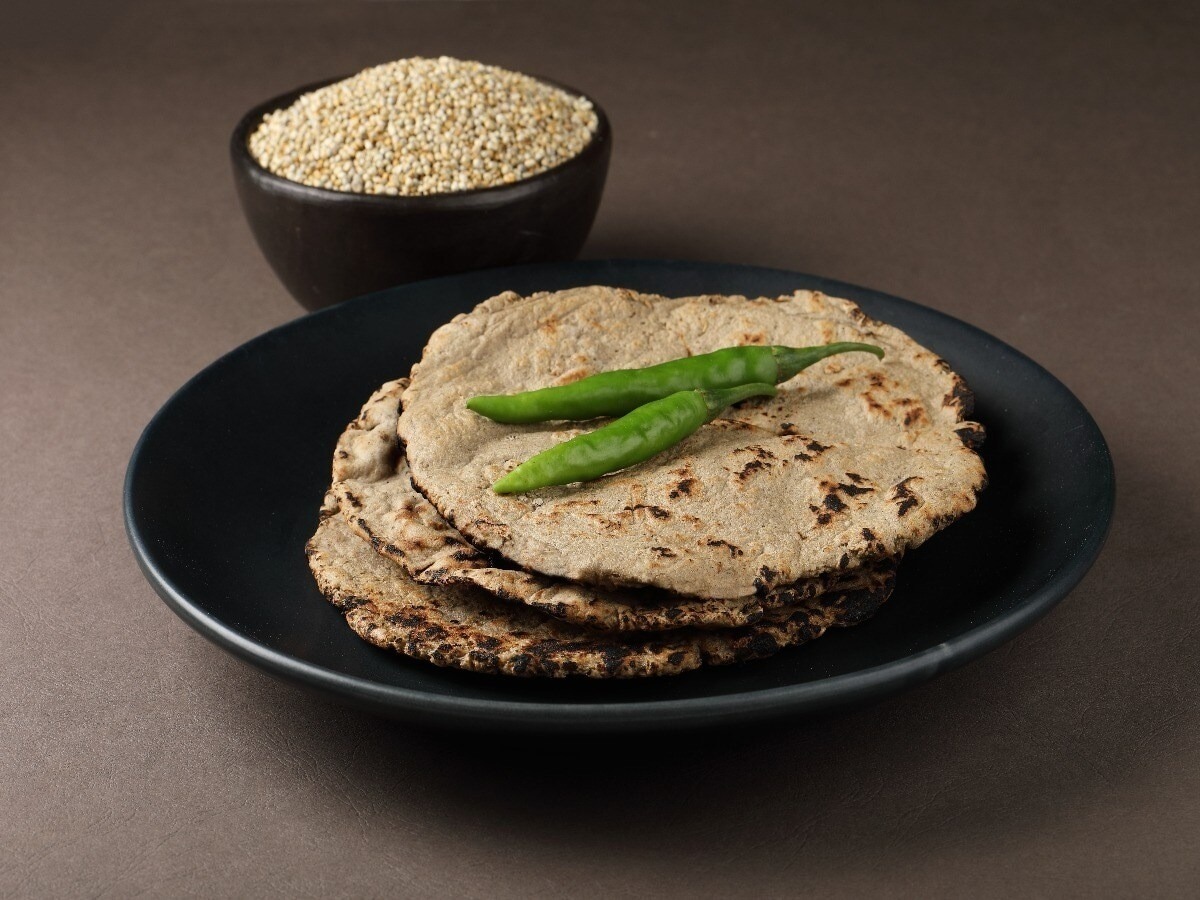There are many changes in our diet in winter, which leads to the growth of hot effects. One of these is the prominent name Bajra, which is considered superfood. Many types of dishes like khichdi, kheer, mathri, and laddus are made from millet. But the most popular is millet bread, which is eaten with great fervor in winter. These rotis are rich in nutrients like protein, fiber, folate, iron, and magnesium. However, some people should avoid eating millet bread. Let’s know which people should avoid millet bread.
People with stomach problems
If you have stomach related problems like gas, acidity, constipation, indigestion, or blotting, then you should eat millet bread. Hot testers and dry nature of millet can put pressure on the digestive system, which can cause stomach heaviness. In such a situation, it would be better to consume light grains.
Pregnant women
Pregnant women should avoid eating millet bread. Its warm effect can cause problems for the baby growing in the womb. Also, it can be a bit difficult to digest it. Therefore, it is more beneficial to consume light dishes such as khichdi or porridge during pregnancy.
People troubled by skin allergy
If you have a problem of skin allergies, itching, or rashes, then you should include a limited amount of millet bread in your diet. Bajra’s hot tester and dry nature can increase the skin issues. Therefore, it is necessary to consult a doctor before consuming it.
Thyroid affected people
People who have thyroid problems should also avoid eating millet bread. The millet contains an element called gytrogen, which affects the thyroid gland and can spoil the balance of the thyroid hormone. In such a situation, millet bread should be eaten in limited quantity and consultation should be taken from the specialist.
Keeping these aspects in mind, it is important that you choose your diet according to your health, so that you can take care of your health even after enjoying millet bread in winter.
